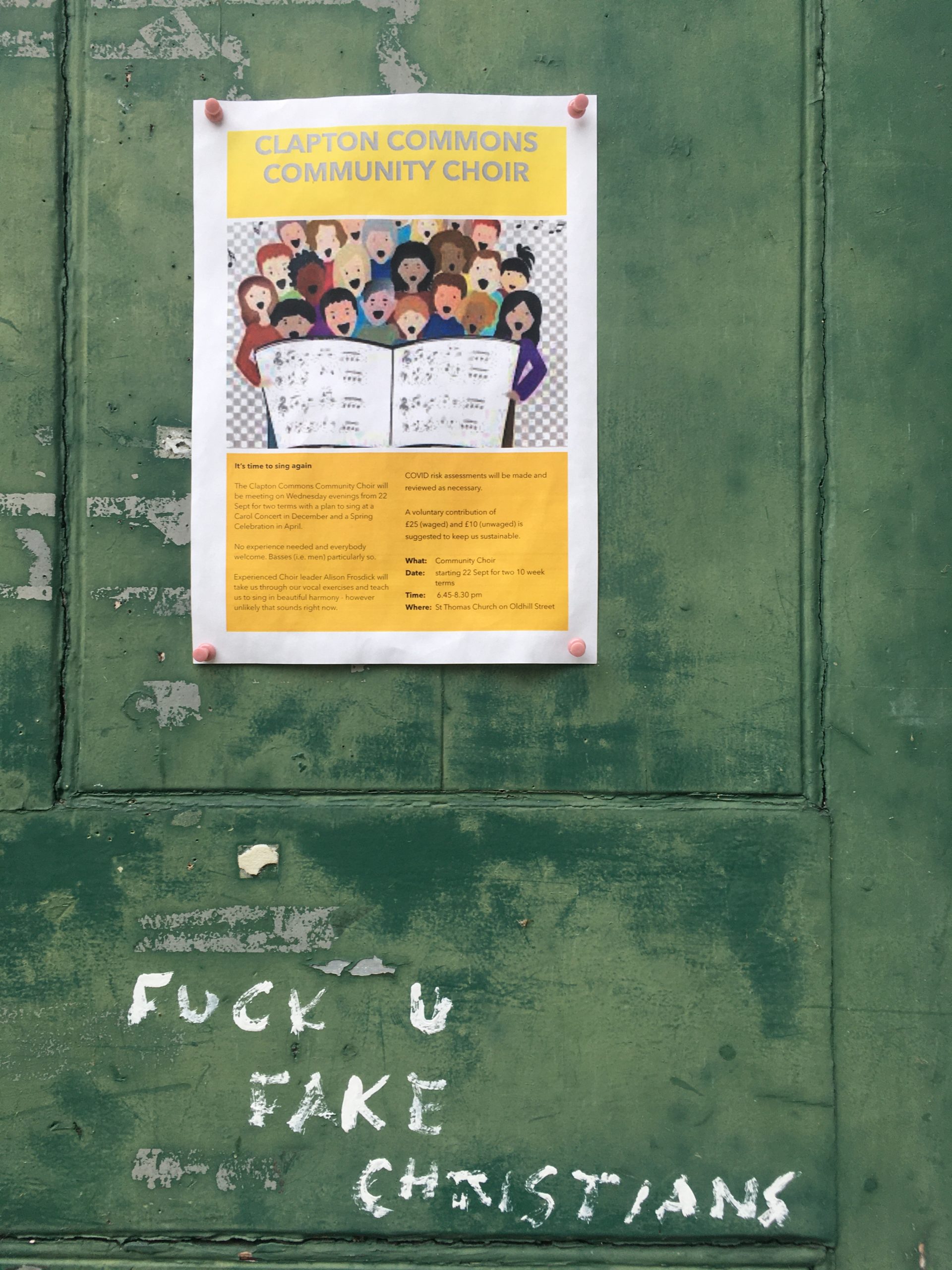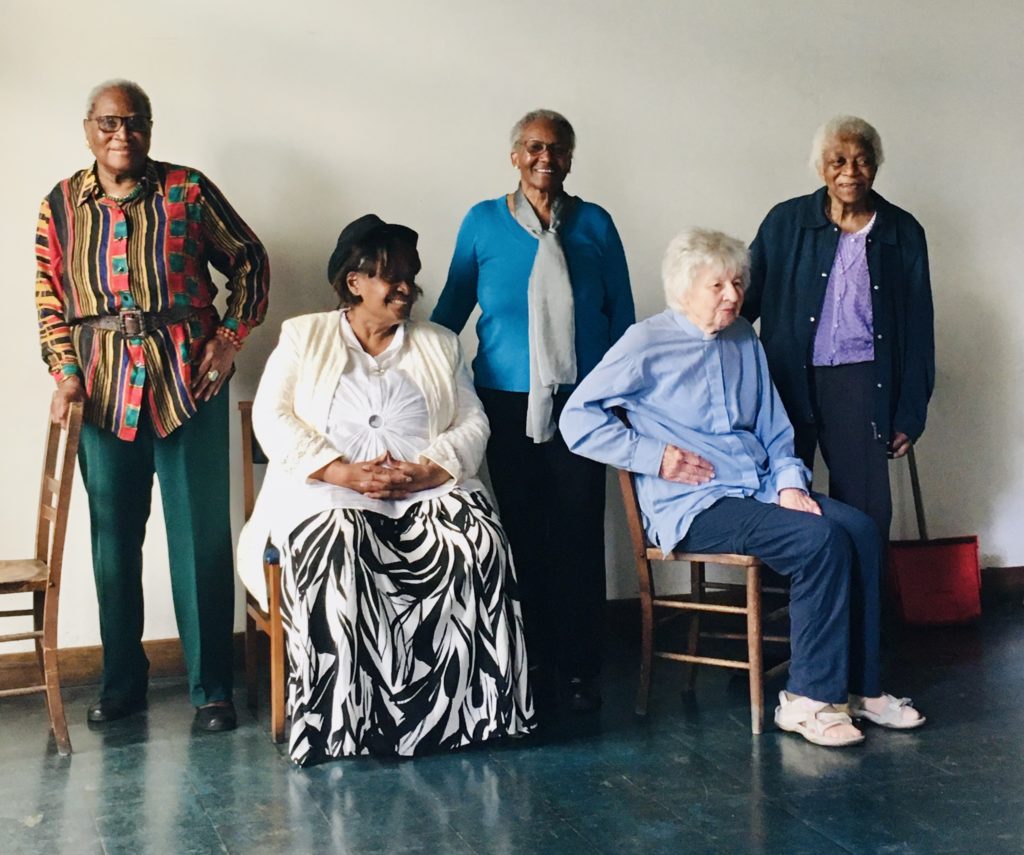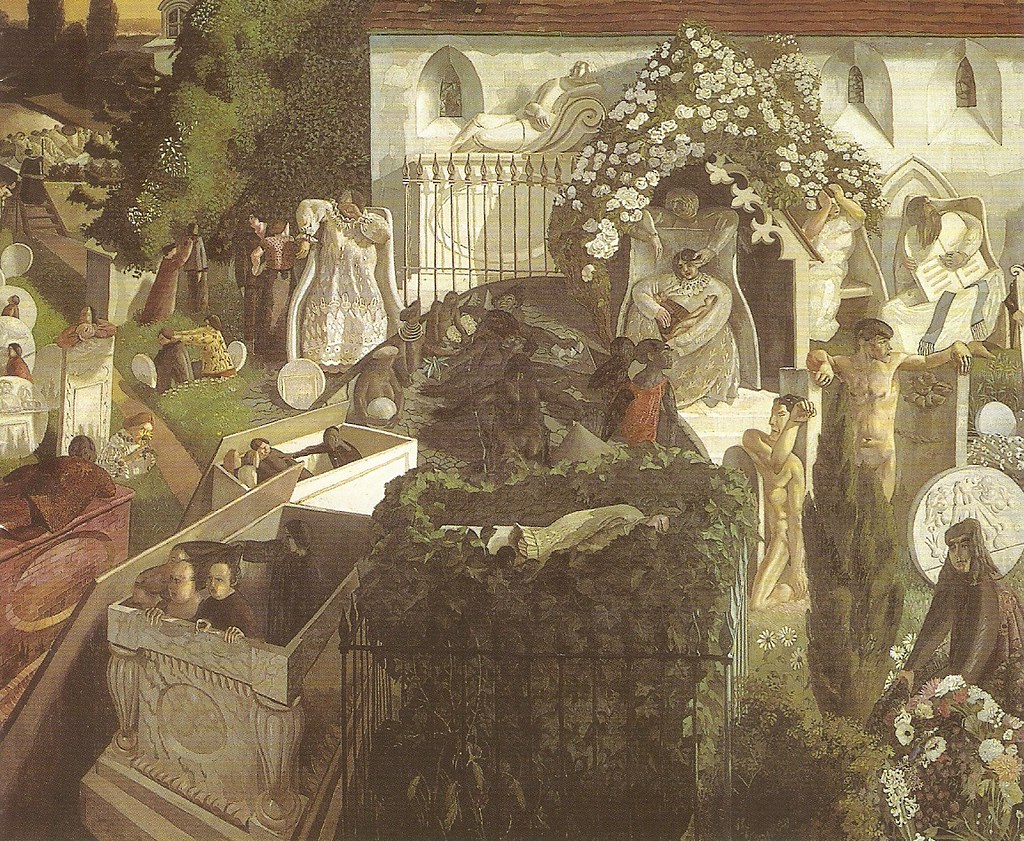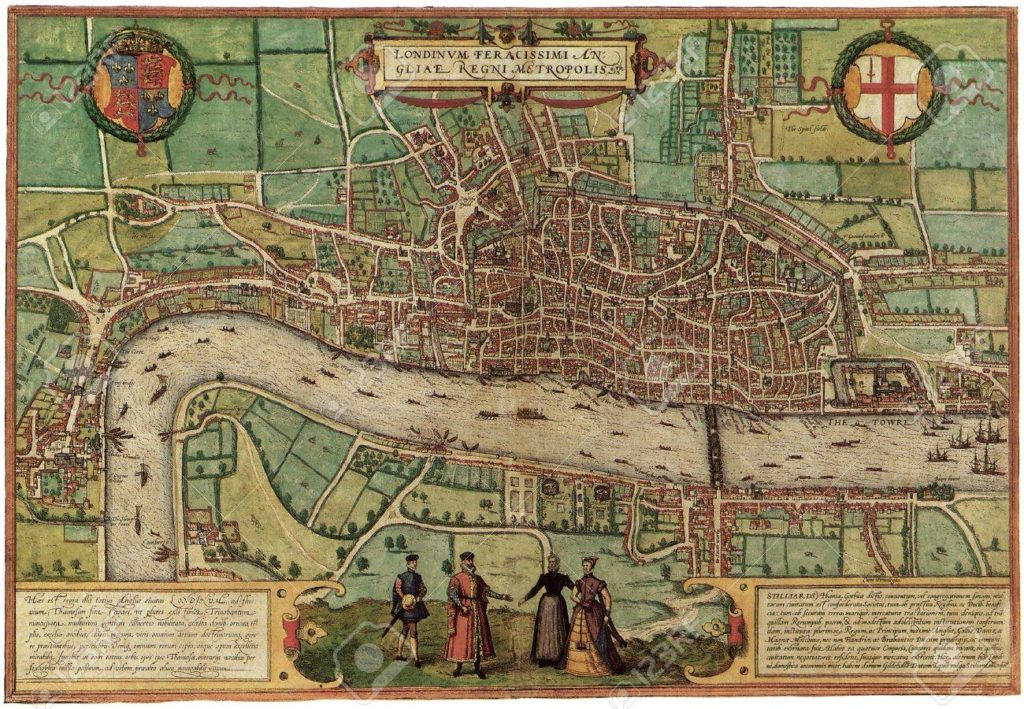Youth in Church: the writing is on the wall
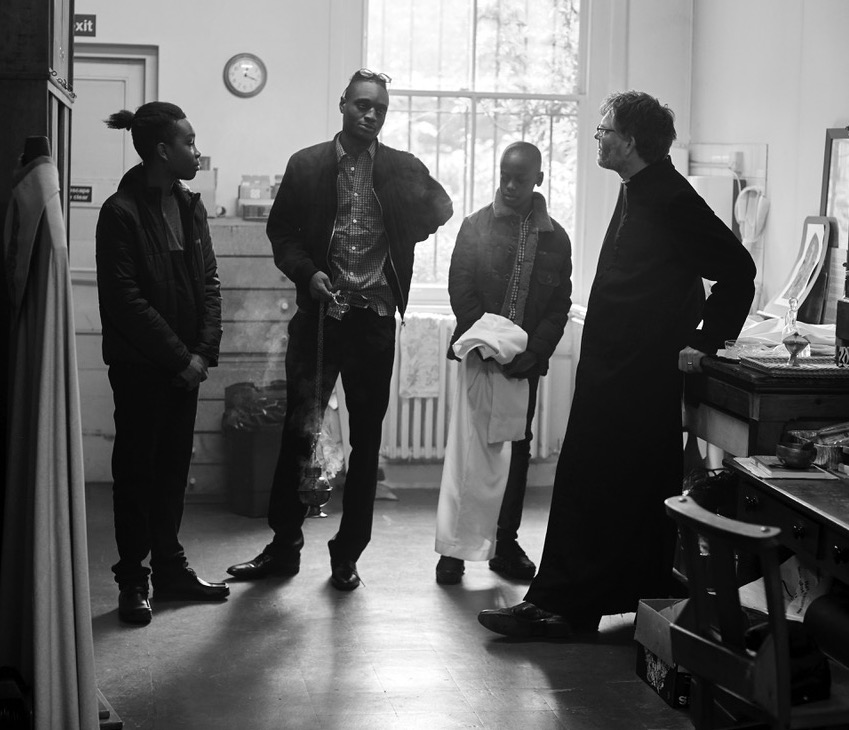
Photo by Kristin Perers
A couple of months ago my bishop invited me to her house for tea with a handful of other clergy. The tea was the enticement to meet an expert in youth work from a charity called Youthscape. What was my parish doing with youth? Actually not very much.
I was expecting to have to be politely evasive, a trick I learned from one of those young people who do occasionally turn up. But the case he made was surprisingly compelling. And it was compelling partly because he kicked off by breaking the bad news.
The bad news is that, with a few exceptions, our churches are losing their youth. And it’s not because this constituency is hostile to faith. His organisation’s research shows that young people are mainly just indifferent. They are just not curious about what the church has to say – or the way the church goes about saying it.
“There seemed to be a lack of dissonance in the area of belief for young people…a lack of any discomfort or tension between ideas, practices or experiences” he says in one of his organisation’s reports.
In a culture where “authenticity” is everything, it seems that the church cannot even manage to get itself dismissed as hypocritical.
That rang true so I signed up to join the six-session course. Then last week we met for the first time in an upper room of a pub, over lunch.
As a warm-up exercise we went round the circle of half a dozen middle-aged clergy and shared what we were like as sixteen-year-olds. We were invited to channel the mind of our inner teenager. To be honest it was a little bit awkward.
As we took it in turns I had a powerful memory of teenage discomfort. At that age I was angry and troubled without quite knowing why and I directed much of this confection of unhappiness into being a swot at a school which prized playing rugby over reading books.
The healing that I have subsequently experienced through what I can only describe as the grace of God has not taken away my recall of that trick of aloofness that belied a deep loneliness. It would turn up as a hatred of piety. In fact it still lingers.
This was all going through my mind when later that afternoon I got back to my church and turned the corner along the terrace towards the vicarage. I was confronted with a stark message I was not expecting.
Scrawled on one of our Wimbledon green church doors were the words “Fuck U Fake Christians”.
I stood and looked at it. Shocking as it was I found myself also strangely intrigued. Rather getting the sandpaper out and swiftly removing it, I paused. There was an echo here of something I recognised.
Maybe, I thought to myself, I can work with that. Maybe in the end it’s better to be fake than forgotten. I put a poster over it instead.
